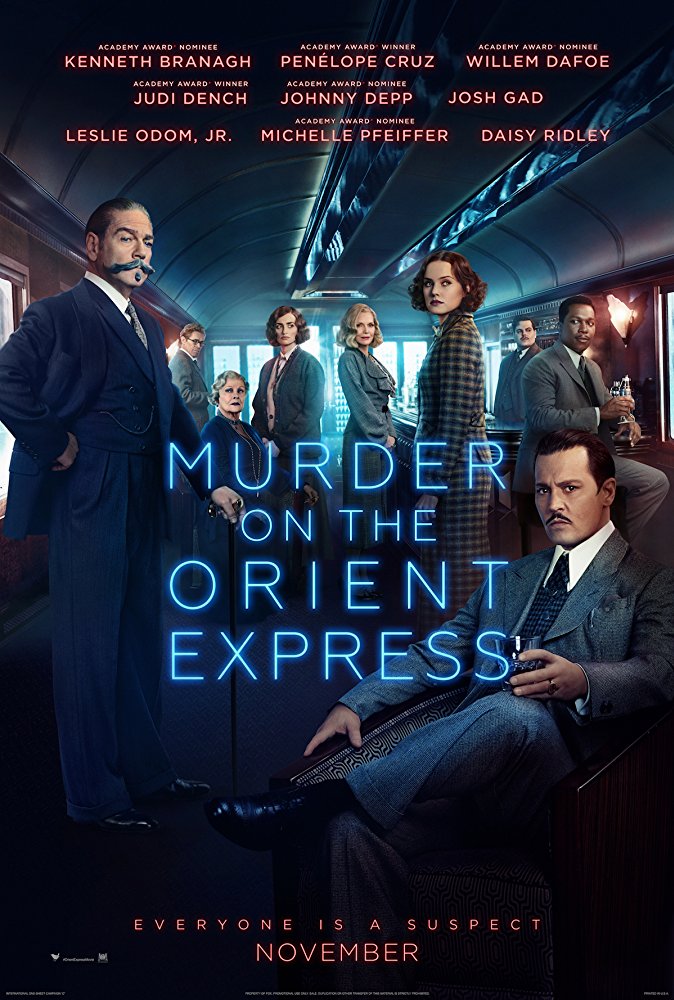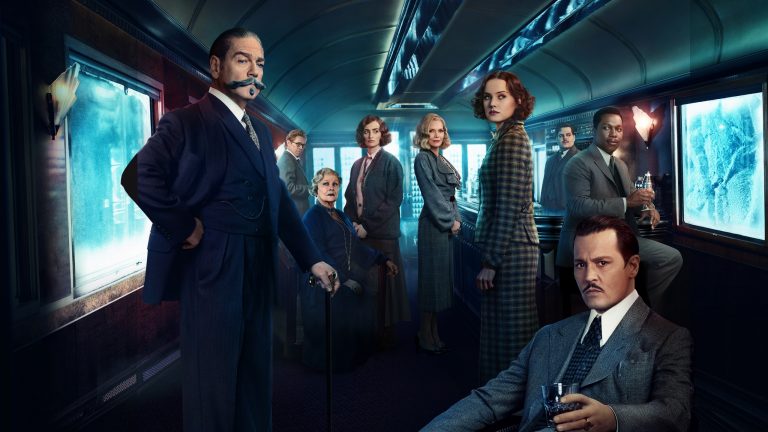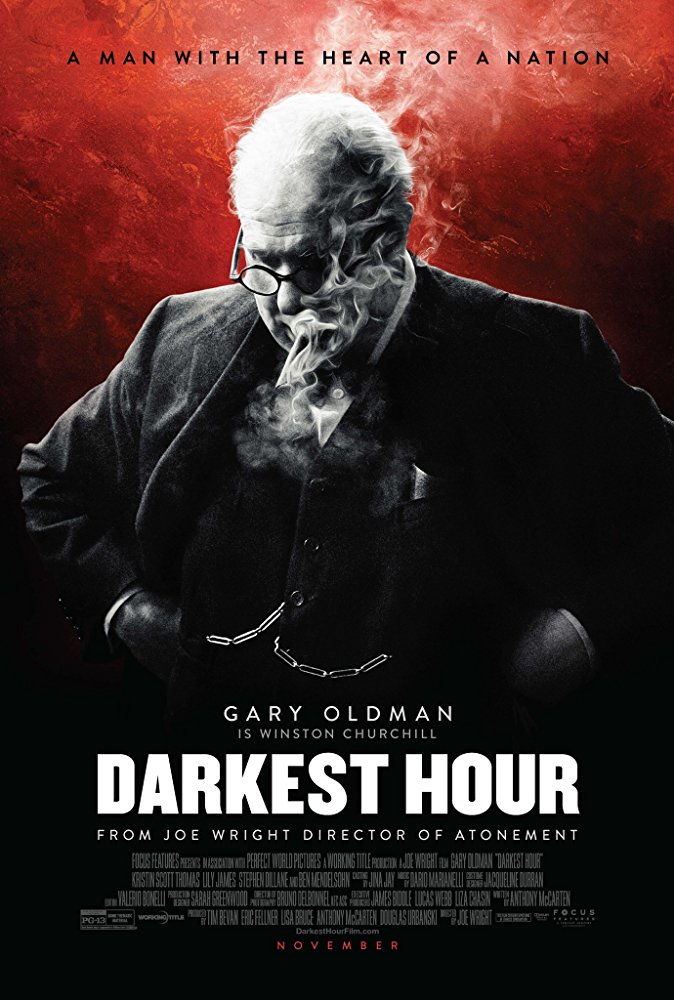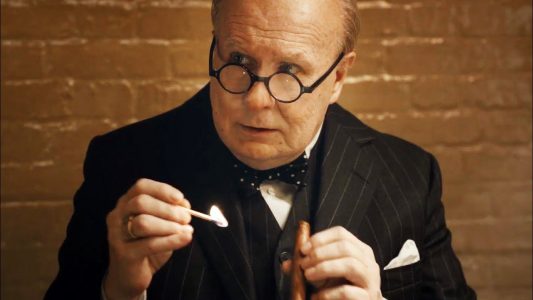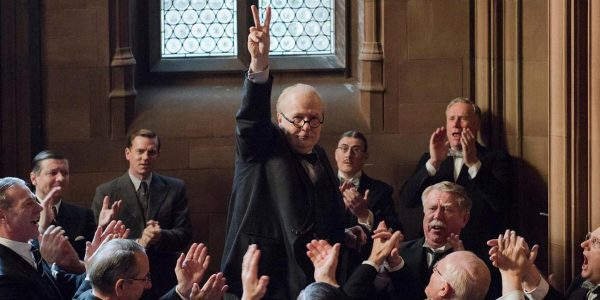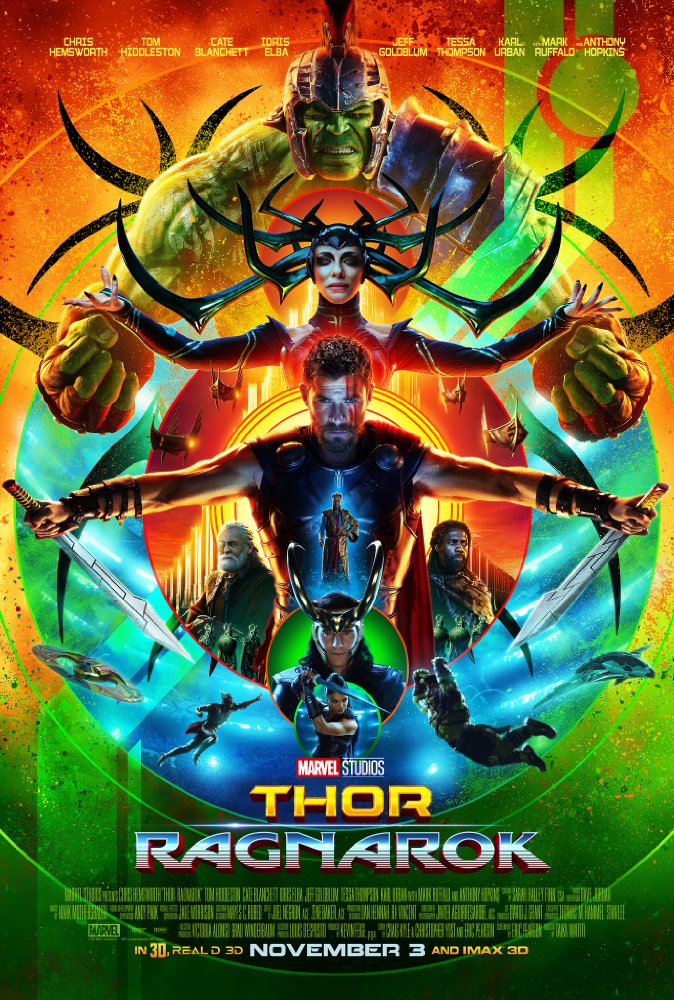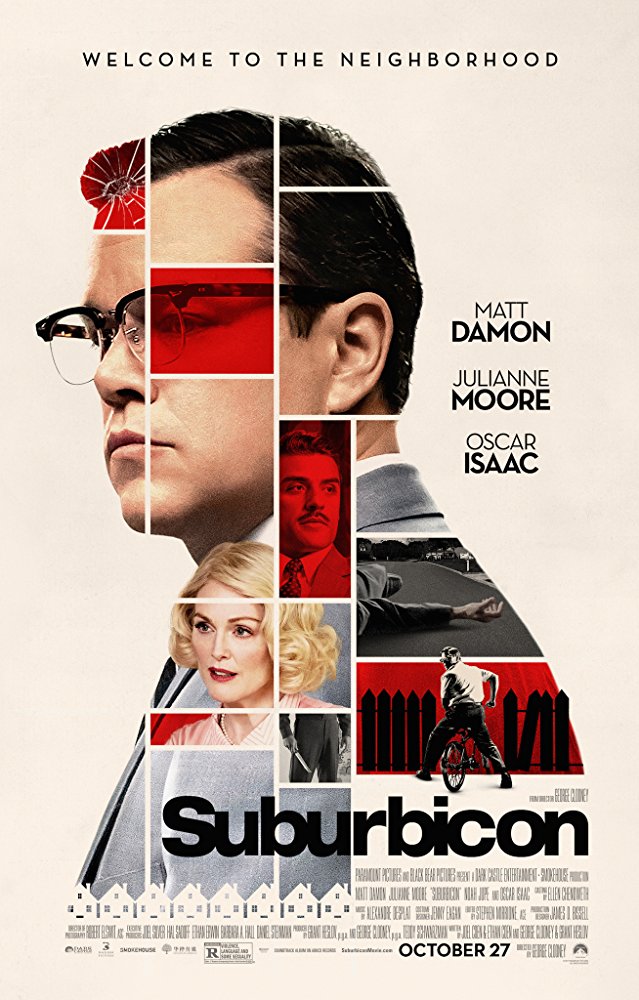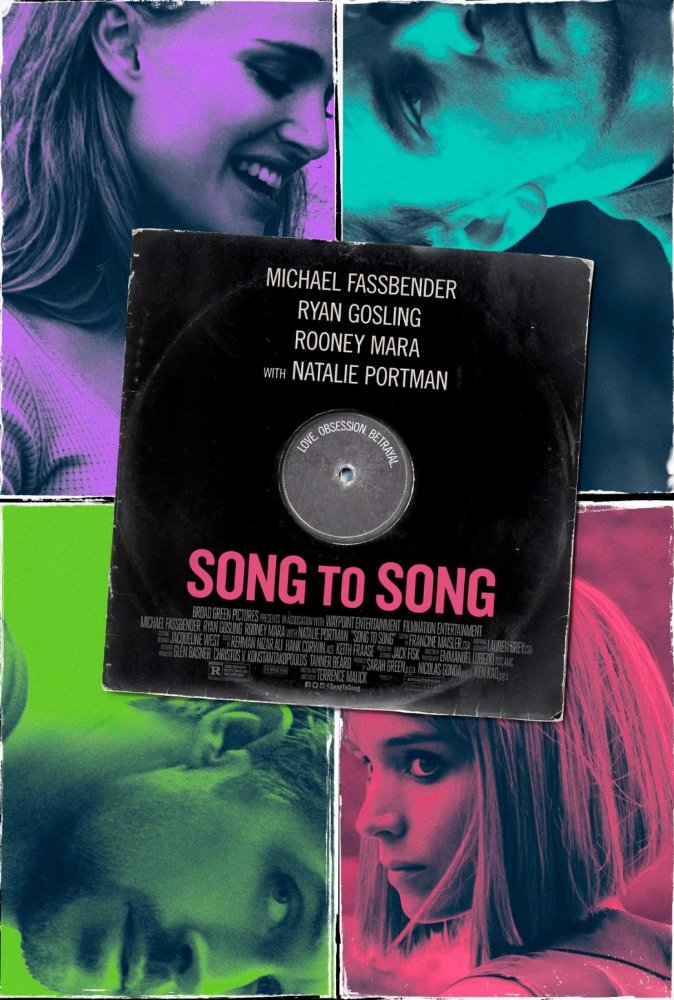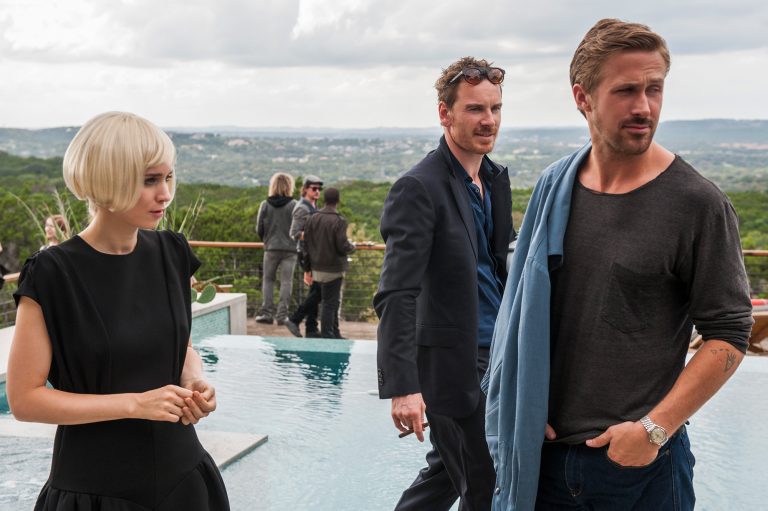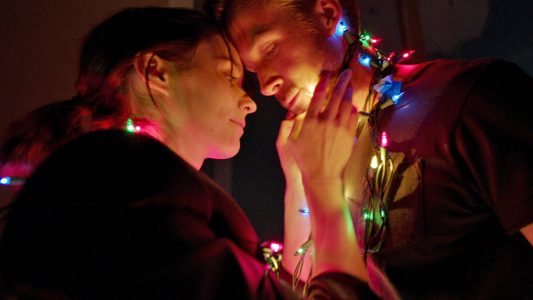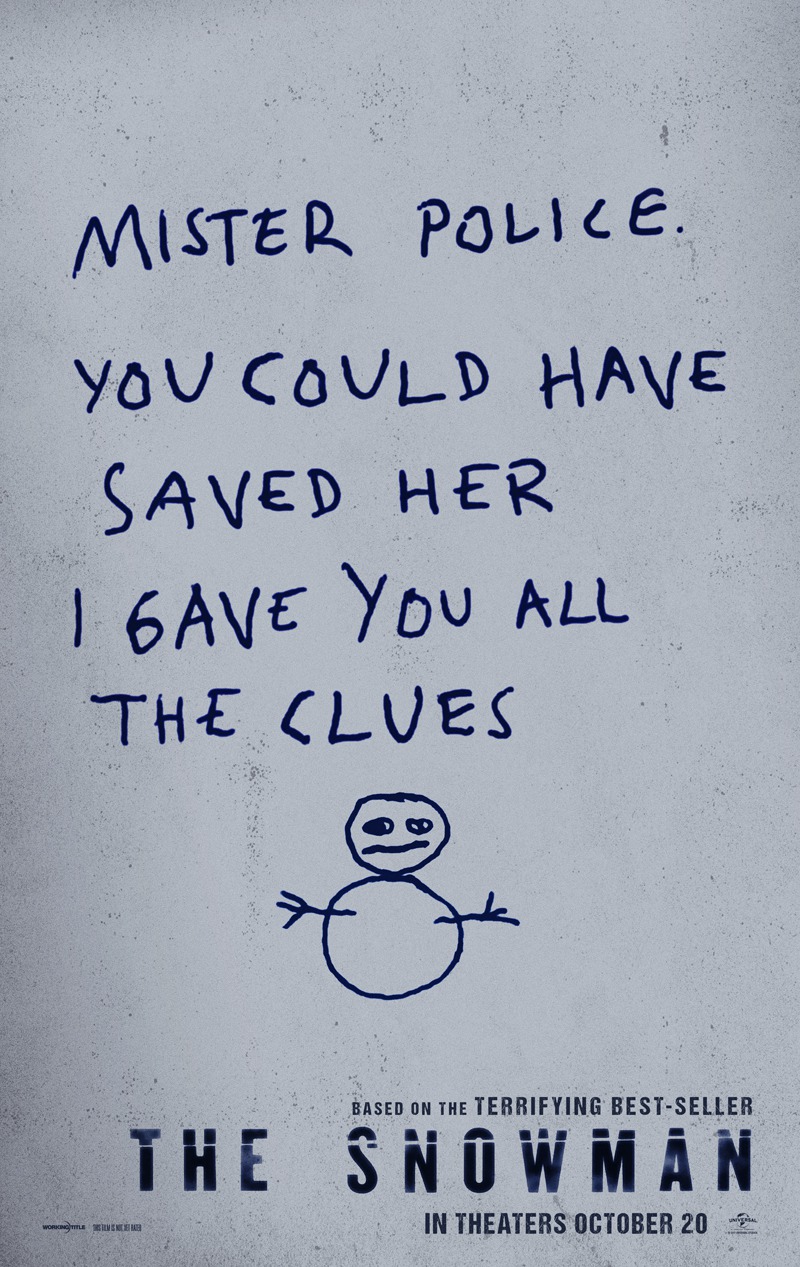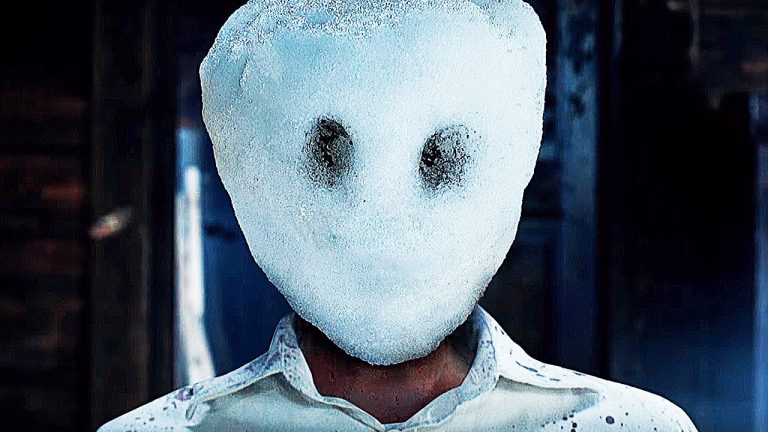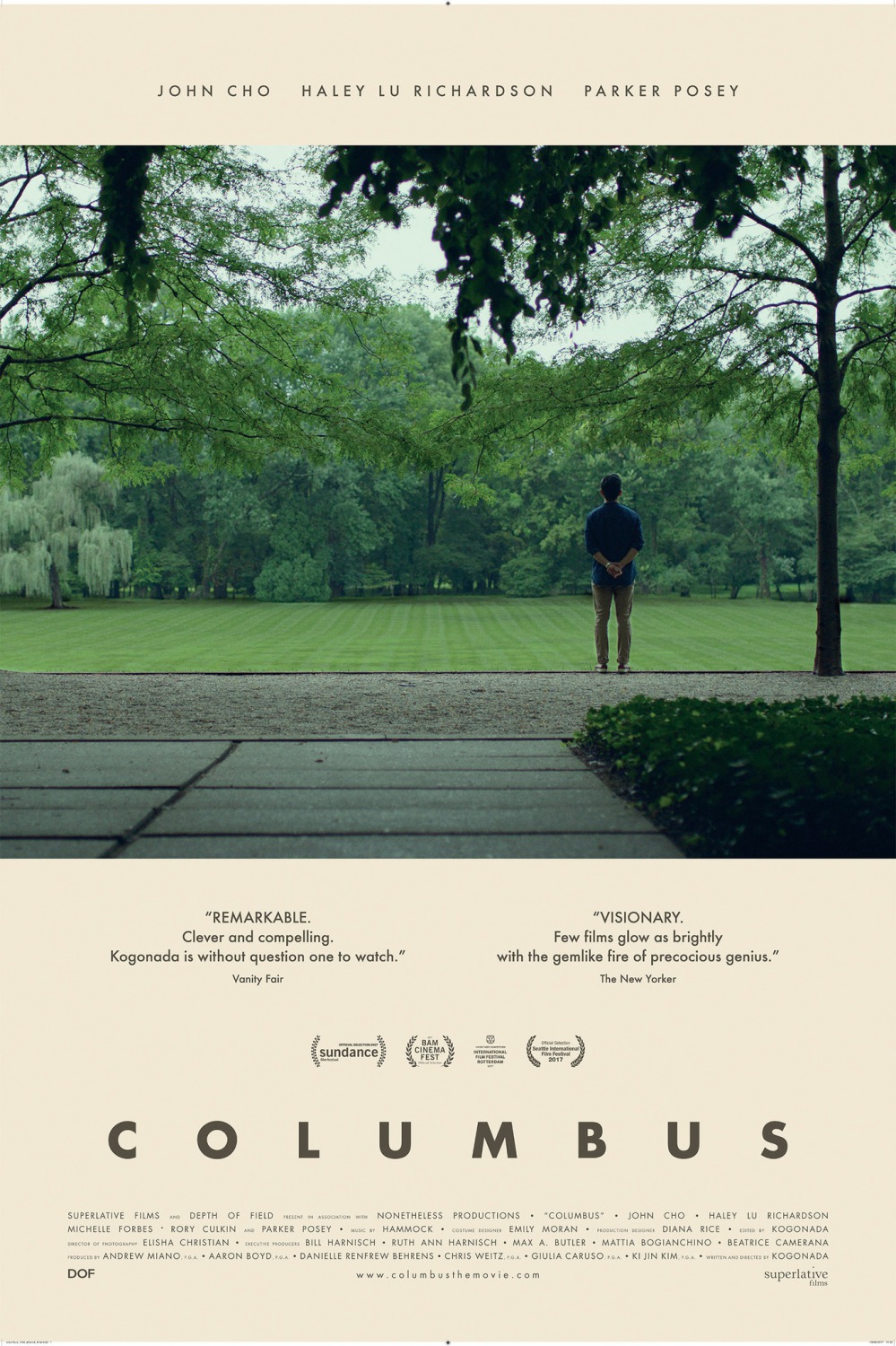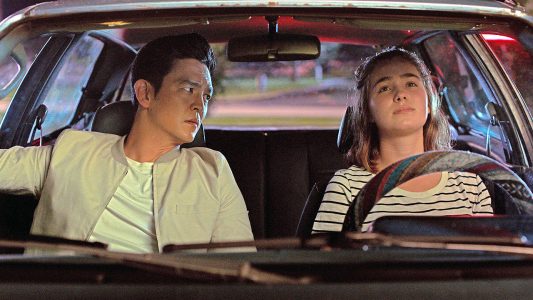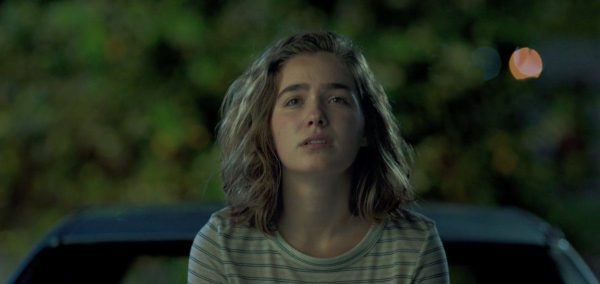Wonder (2017)

Last night at about 6:15 they showed up. There were two firetrucks, an ambulance and half a dozen police cars. They parked in front of my house and rushed in to the house across the street. Roughly two hours later, the stretcher came out of the house. It was empty. After packing up their gear, the firemen and paramedics left the scene. A large number of police officers remained for another hour or two, taking pictures and talking out on the porch. Once a County Sheriff arrived, the policemen also packed their gear and slowly filed out of the neighborhood. My wife and I watched for a while longer as the Sheriff walked around the living room, wondering what was going on. Finally, roughly five hours after it had all begun, a car from the mortuary arrived, and I watched as my neighbor’s body was put in the back of a van and driven away. Because of poor timing, I, myself, was hopping into my vehicle as the Sheriff locked the door to the vacant house and walked to the car. It was a weird time for me to think, “Hey, I’m going to go to the movies,” but I knew I wouldn’t be falling asleep anytime soon anyway, and movies tend to be the way I cope with or escape from difficult life situations. As it turns out, I don’t think there could have been a better time for me to see Wonder.
Wonder, the Stephen Chbosky film based on the popular R.J. Palacio novel, is 100 minutes of being wrapped in a warm blanket on a cold winter day. It’s the story of August (Augie) Pullman (Jacob Tremblay), a 10-year-old boy with a disfigured face due to mandibulofacial dysostosis, and his experiences attending school for the first time as a 5th grader at Beecher Prep. Because of his illness, he’s had more than 30 corrective surgeries to help him hear, see, and to attempt to fix the deformities in his face during his short life. These experiences have knit the Pullmans close together as a family that includes Augie, his mother Isabel (Julia Roberts), his father Nate (Owen Wilson) and his sister Via (Izabela Vidovic). Isabel is an illustrator who put her life on hold to care for Augie and homeschool him for his first ten years. Via is in high school and is facing challenges of her own as her best friend Miranda suddenly has no interest in her. She loves her brother, but is also jealous of the attention that he gets from her parents. While the plot mostly revolves around Augie, a significant amount of time is also spent with Via at her school as she navigates her relationship with Miranda, meets a boy, joins the drama club and works on the school production of Our Town. Nate is the most thinly drawn character in the family, but he’s shown to be a caring and engaged father whose quick wit cuts through otherwise tense situations between his wife and children.
The film begins 24 hours before the first day of school, follows Augie through 5th grade, and culminates at 5th grade graduation. Through the year, Augie meets friends, is betrayed by friends, gets bullied, makes new friends and through it all, excels at school. Wonder is funny, heartwarming and manages not to feel manipulative in its attempts to elicit emotion from the audience. Performances are great all around. Tremblay is an 11-year-old powerhouse. The chemistry between Roberts and Wilson makes their relationship and their home feel lived in and real. Vidovic shows a vulnerability behind Via’s outer façade of resolve. Mandy Patinkin makes the most of limited screen-time as the unfortunately named middle school principal Mr. Tushman.
My favorite character is Augie’s homeroom teacher Mr. Browne played by Daveed Diggs. He’s given little screen time, but the time he has on screen provides the film with most of its thematic weight. Mr. Browne preaches the virtue of kindness through a series of “precepts” that he introduces to his class. I’ve been unable to get his precept from the first day of school out of my mind. “When given the choice between being right or being kind, choose kind.” It’s a beautiful insight that I rarely follow. When we insist on being right, even if you’re able to do so without succumbing to the level of discourse that’s typically reserved for YouTube comment sections, we lose the ability to be kind. Hate is not dispelled when we simply choose to refrain from being hateful. Kindness dispels hate and changes hearts. Kindness builds bridges. It does in a beautiful way for Augie in Wonder. While Augie was born looking different than everyone else, it’s ultimately his kind-heartedness that makes him stand out from his peers.
And as I drove home from the film early this morning I couldn’t help but think about my neighbor. Death has a way of making us think about missed opportunities. I thought about how we’ve lived 50 yards away from each other for over ten years, but our relationship never grew further than superficial chats about the weather at the mailbox. I thought about how I chose to avoid him for the first few years because his house happens to look like a setting for a Wes Craven film. I thought about the weeks he was away with health issues and how I never took the time to offer him a meal. I thought of the times I was annoyed at the overgrowth of weeds in his yard, but never offered a helping hand. And it broke my heart that I had run out of time to show him kindness.
Wonder is not a perfect film. It goes off on weird tangents where it follows neither Augie nor Via, but rather their friends Jack and Miranda. It feels like an effort to be faithful to the novel, but it doesn’t fit with the rest of the film. Unfortunately, there’s also a time or two when the movie revels in bullies getting their comeuppance in a way that runs contrary to the overall theme. That feels like picking nits. What I’m going to remember about Wonder is that it was a well-acted and heartwarming story that served as a good reminder about the importance of showing kindness to others. I’m looking forward to watching this in the future with my wife and kids. If you’re looking for the perfect film to see as your food digests this Thanksgiving, look no further than Wonder. You could even invite your neighbor to come along.
“Everyone you meet is fighting a battle you know nothing about. Be kind. Always.”
Rating:

Jeremy Calcara is a contributing member of the Feelin’ Film team. In addition watching as many movies as he can and writing reviews for Feelin’ Film, Jeremy consumes an unhealthy amount of television and writes about it weekly in his Feelin’ TV column. Follow him on Facebook and Twitter to be notified when new content is posted.

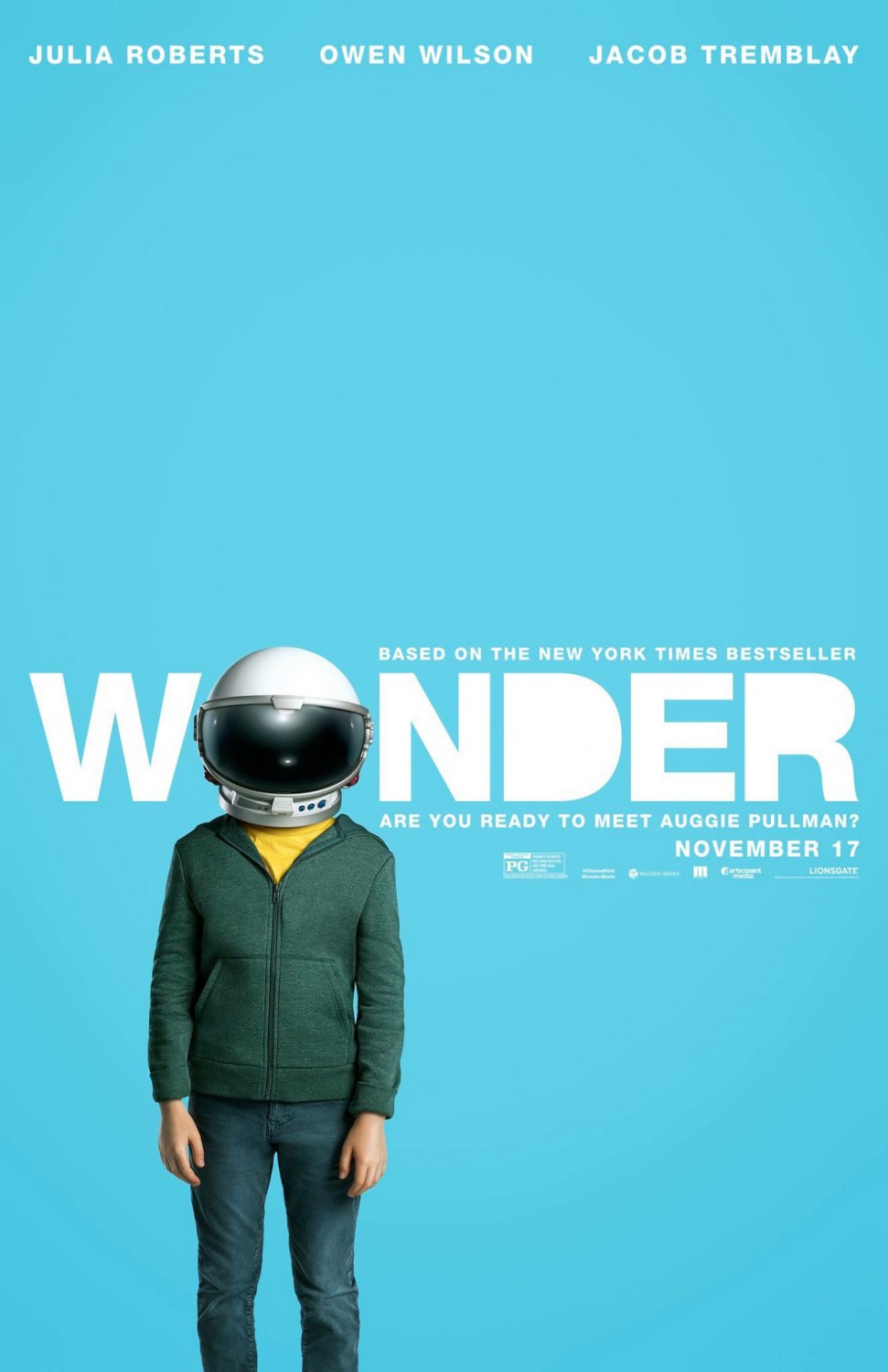
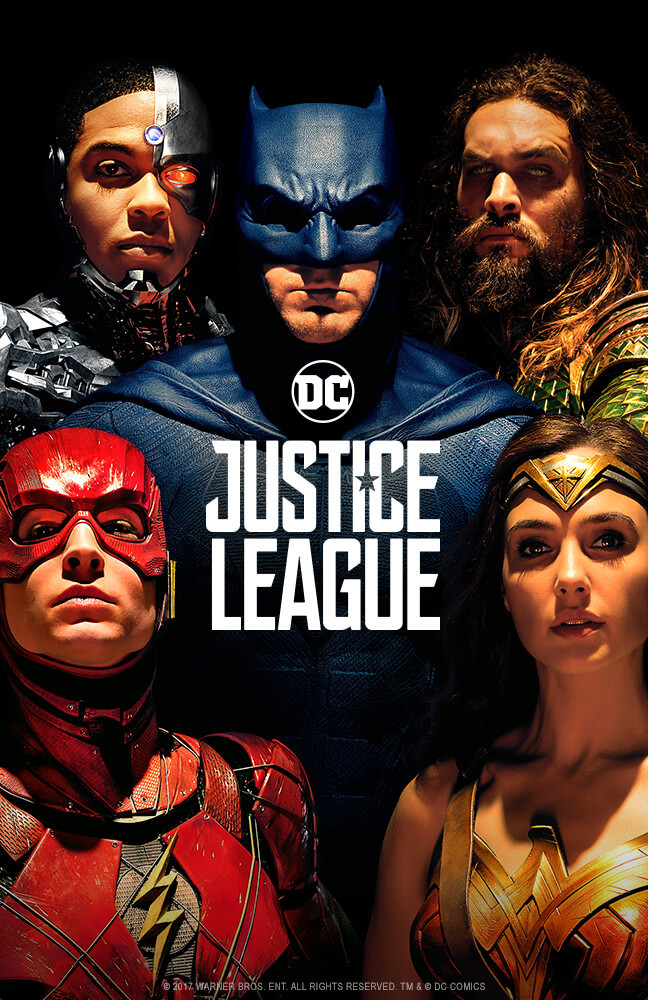
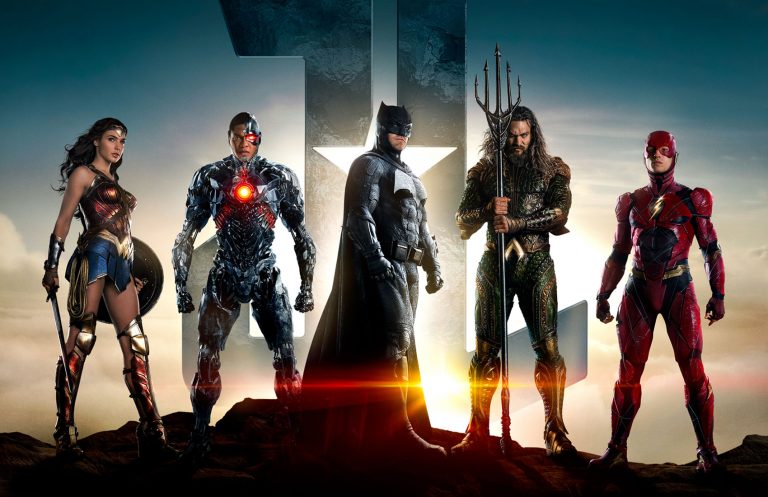

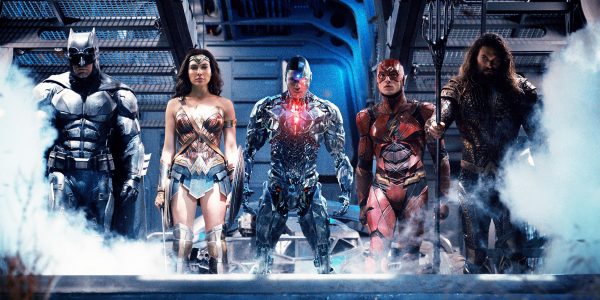
 Aaron White is a Seattle-based film critic and co-creator/co-host of the Feelin’ Film Podcast. He is also a member of the
Aaron White is a Seattle-based film critic and co-creator/co-host of the Feelin’ Film Podcast. He is also a member of the 

